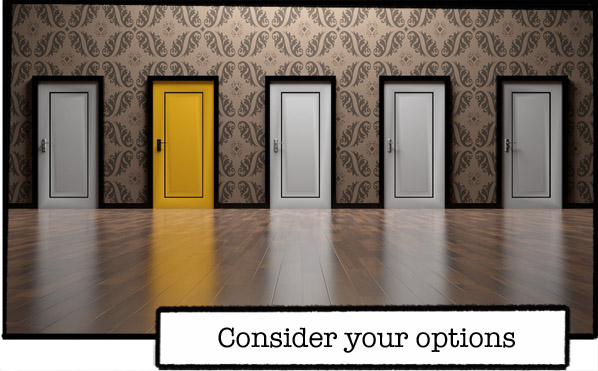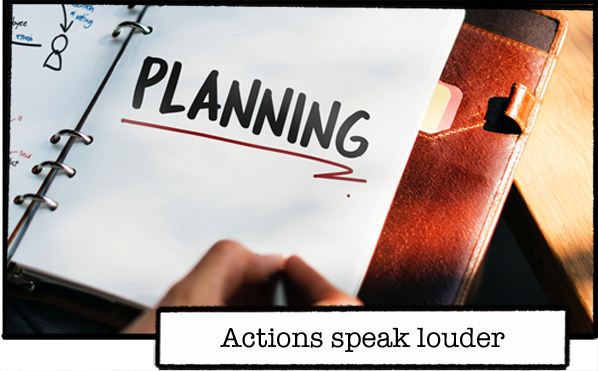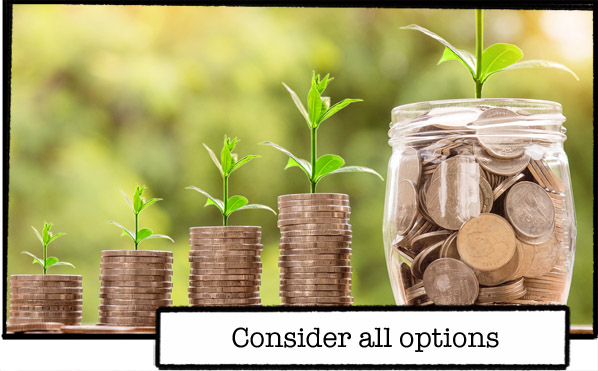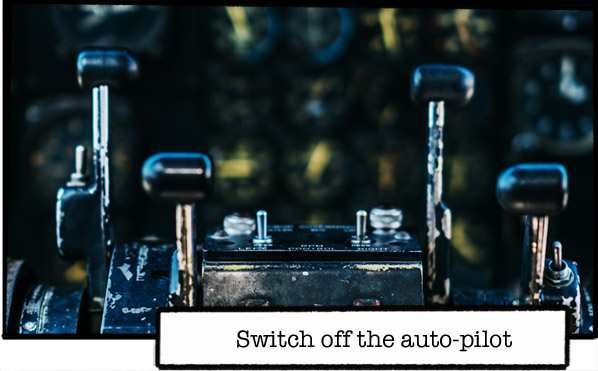Choosing the right coach for you is an important process.
If you subscribe to my e-mails or you’ve read my other blog posts, you’ll know that I’m a big advocate of coaching.
I’ve seen first-hand the difference that coaching can make in terms of improving mind-set, increasing confidence and setting and meeting goals. It really can be a transformative experience both professionally and personally.
One of the first questions that I get asked when I recommend coaching is…
How do I find a coach?
Quickly followed by…
How do I choose a coach?
Choosing the right coach is a critical step to achieving success through a coaching programme. It can be an intense process and whilst there are many factors in play, the relationship that you have with your coach is essential to you being able to engage, progress and succeed.
Here are my top tips on how you can choose the best coach for you:
Reflect
Before you start the process of choosing a coach, you need to spend some time thinking about what it is that you want to achieve from the coaching process. Ask yourself:
- Where am I right now?
- Where do I want to be?
- What difficulties am I currently experiencing?
- What do I want coaching to help me achieve?
- What do I want from my coach?
- What style of coaching would I respond best to?
- Am I actually ready to commit to the coaching process?
If you’re not able to fully answer these questions, don’t worry. A good coach will work through this with you when you get started but if you at least have an idea of what you’re looking for (or what you’re not looking for), it will make the selection process a lot easier.
Research
There are lots of ways to source a coach – word of mouth, online, through professional networks etc. However, once you’ve got some names, it’s time to dig a little deeper.
- Look at their LinkedIn page, website and/or blog if they have one and see how they describe their services, who they work with and how they articulate their offer
- Look at their social media feeds and see what type of content they’re putting out there
- Look at their testimonials and client feedback to find out what other people are saying about them
- Look into their background, what sectors they have worked in, what sectors they work in currently, what type of coaching they offer and whether they understand your sector and your challenges (if that’s important to you)
- Look at all of the above as a whole and determine what feeling you get overall; how do they come across, is this someone that you can see yourself working with? Do you believe that they can help you in your current situation?
By doing some due diligence, you’ll quickly be able to draw up a short-list of potential leads to follow up.
Interview
Never start working with a coach until you have had some form of contact with them, ideally face-to-face or over the phone. You are the client. You can and should ask as many questions as you feel you need to. Good coaches not only ask questions of you but are also keen for you to ask questions of them to ensure that you feel as comfortable as possible. Questions you should consider asking are:
- What type of clients do you work with?
- What type of clients do you prefer not to work with?
- What kind of issues do you help people to overcome?
- What is your approach to coaching? What is your style?
- What can I expect from you as my coach?
- How many sessions are typical for the type of issue that I have?
- How are the sessions structured?
- How frequent and how long will the sessions be?
- Do I need to do anything to prepare for the sessions or after the sessions?
- How much will it cost?
If you’ve not been able to find out something that you really wanted to know from your research i.e. specifics about their background, ask about this as well.
Once you’ve finished your telephone call, hang up the phone and sit for a minute. Consider how you feel immediately after talking to them. Are you encouraged, inspired, uplifted? Did they make you feel comfortable? Do you feel like they ‘got’ you?
All of these things are important to consider when it comes to reaching a final decision.
Agreement
When you’ve reached a point where you’re ready to select your coach, make sure that you have a written agreement in place with them before you get started.
This should:
- Identify the specific goals that you’re working towards or areas that you’re going to focus on
- Outline the agreement you’ve made in relation to the number, length and cost of sessions
- Articulate clearly the expectations of the coaching process, of yourself as the ‘coachee’ and of them as the coach
- Outline other relevant areas such as payment terms, contact protocols, confidentiality and data protection
Having a clear framework to refer to throughout the coaching process will help you to stay on track and ensure that you’re getting what you need from the process.
Choosing a coach to work with to support your professional development is both a big step and an important decision. Whatever decision you make, make sure it’s well informed and that it’s right for you and where you’re at right now.
Like what you’ve read? Subscribe to this blog by clicking here.
P.S. Have you joined The Business of School Leadership Facebook Group yet? For practical support, advice, tips, tools & guidance about all things school leadership, join us in the community by clicking here.




